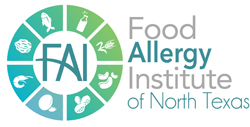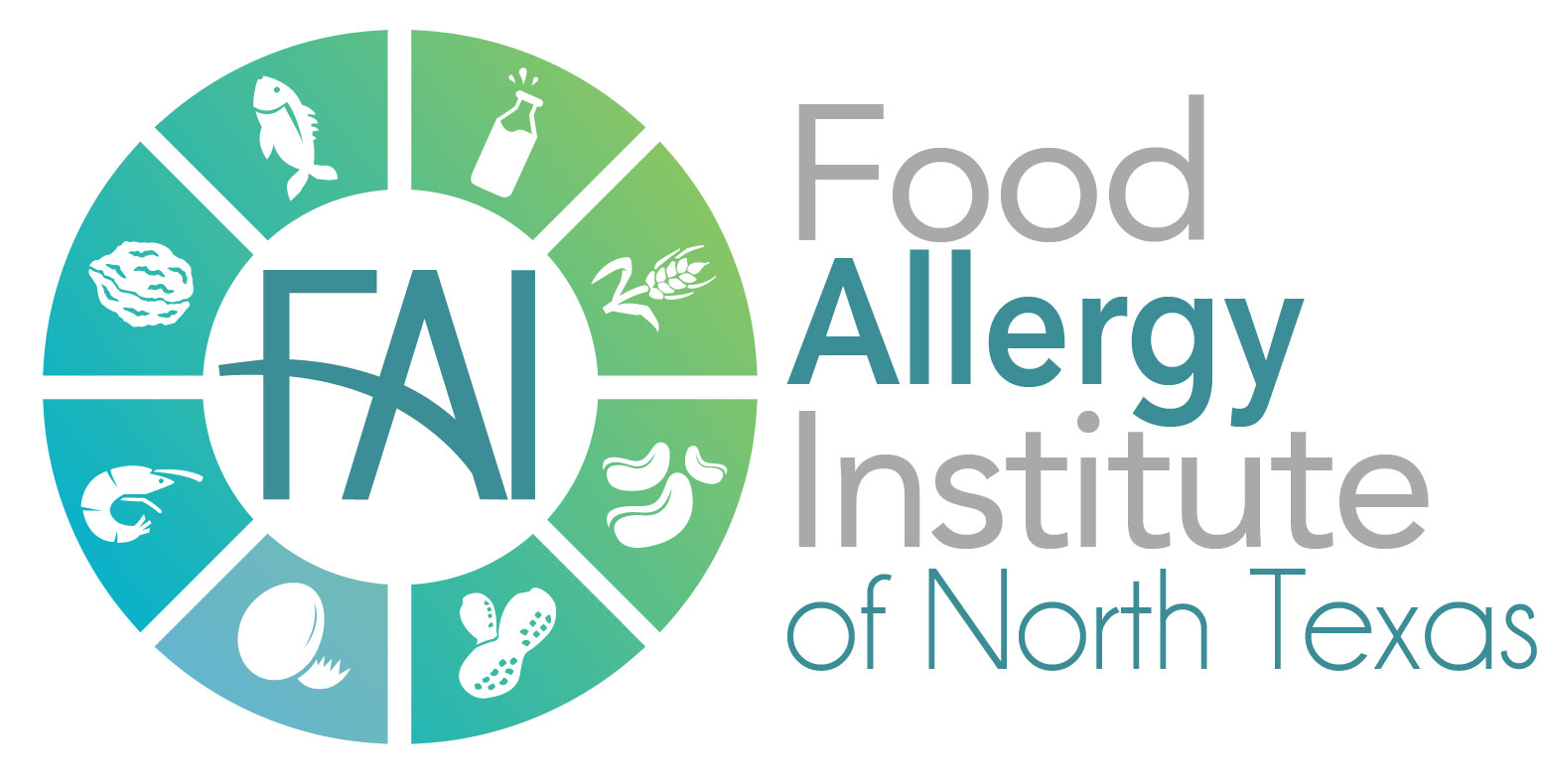11 Jun HEADING TO CAMP WITH FOOD ALLERGIES
Summer is the season for fun indulging in outdoor activities. For the millions of children with food allergies, there are likely thousands that will be going to summer camp. Before your child heads out, there are steps that should be taken to ensure a safe experience for the allergic child.
Working with the Camp:
The keys to success are: awareness, education, and cooperation. Before camp even starts a camp application and health form must be filled out in detail describing the allergy. List what foods the child is allergic to in addition to specific symptoms of a typical reaction. Informing the camp director early on in the process will allow that individual to put together an action plan. Food Allergy and Anaphylaxis Emergency Care Plans are available at www.foodallergy.org
There are many questions that parents should consider asking before sending their child off. Some of them include:
•Who is the primary health care provider at the camp? What are their credentials?
•Where is medication stored? How much medication is kept at the camp?
•Who will be responsible for administering the medication?
•How does the kitchen staff prepare themselves for food allergies? What steps are taken in the kitchen to prevent cross-contamination?
•How does the camp communicate with their staff to ensure my child stays safe at all times?
•Is there a detailed action plan that includes: who will administer medications in an emergency, who will call paramedics, and how will an emergency be handled if the camper is off site?
Camp Responsibility:
Despite having a detailed action plan in place, there are always risks of accidents. Therefore it is essential that the camp prepare their staff to recognize a reaction and act as quickly as possible. Knowing in advance how to contact emergency response in addition to knowing how long a typical response time is essential. In many rural locations, there are volunteers that operate emergency crews. Being prepared for this possibility is crucial.
The camp is also responsible for assembling an emergency response team in case of a reaction. Practicing an emergency in advance, just like a fire drill, is a good idea as key staff members will be well prepared and know their roles.
For field trips off-site, additional safety measures should be taken. Who will carry auto-injectors? Who is trained to administer in case of emergency? How will medication be stored?
Working with the kitchen staff is also crucial. Staff must be able to identify allergic campers, understand appropriate food substitutions if necessary, be well versed in label reading, as well as reducing the risk for cross-contamination. Enlisting the help of campers, depending on their age is also a possibility. They can be involved in food preparation and serving food to ensure safety. For example, having an allergic camper go through a buffet line first will reduce risk for cross-contamination. Using disposable cutlery, plates, or other cooking utensils might also be a possibility, in addition to using paper to line cooking surfaces if necessary. Having separate eating tables might also be necessary for very allergic children.
If a reaction should occur, communicating with the child’s family after emergency personnel has arrived is important. Details around how the reaction occurred, what worked and what needs to be improved upon should be discussed. Medication must also be refilled immediately after the reaction.
Having a safe and enjoyable experience at camp is possible. The key is to work as a team with staff, parents, and the child to ensure open communication and effective planning.


